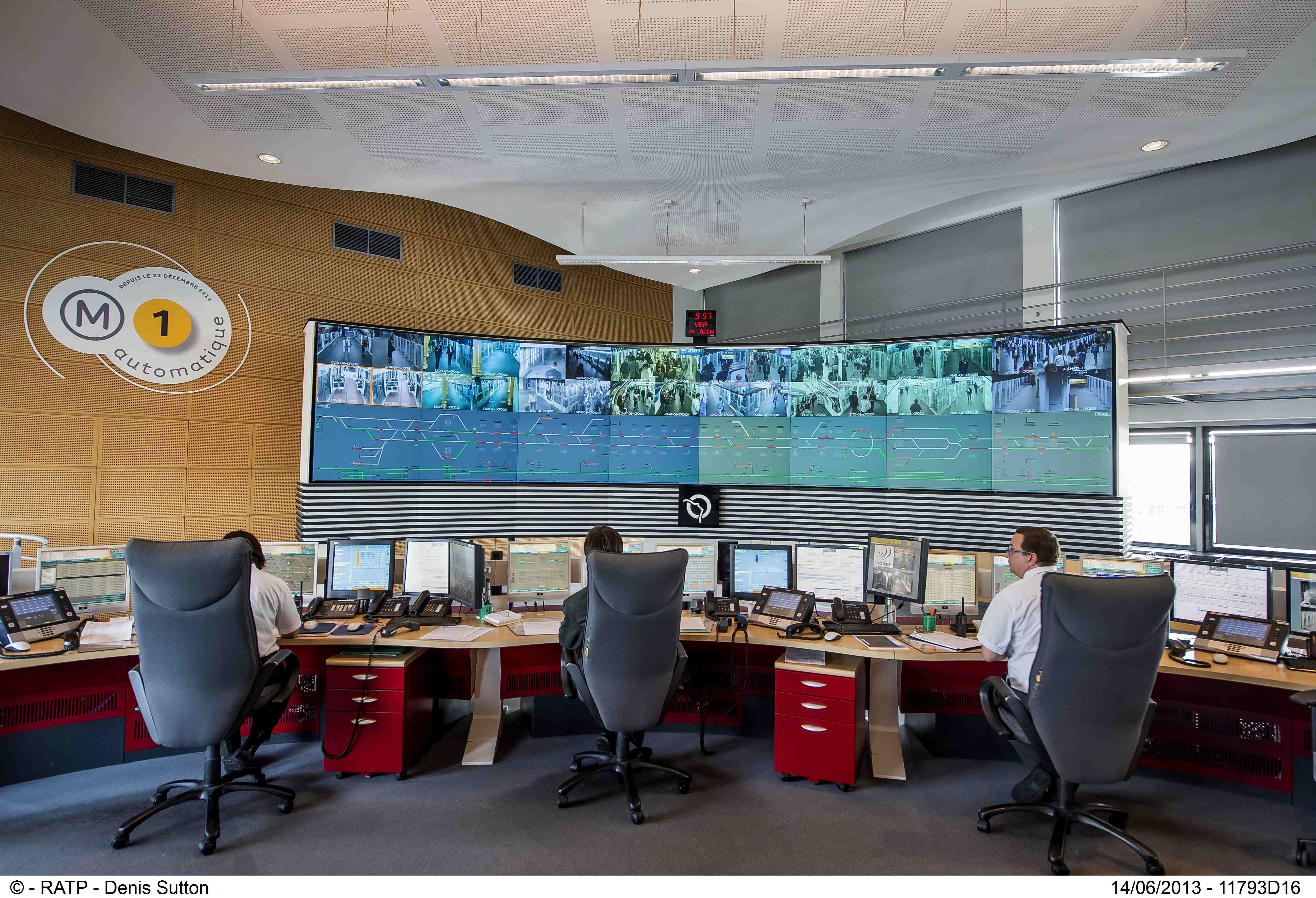
Femcon, a Swedish applied automation company, has started an on-site project to clear snow from runway landing lights using autonomous vehicles (AVs).
Most often, this time-consuming job has to be done manually because of the intricate manoeuvres needed to avoid damaging the lighting systems.
The trial project, which started in January, is at Örnsköldsvik Airport, around 525km north of the Swedish capital Stockholm.
Semcon has already designed a snowplough control system – Yeti Snow Technology. The system sets up digital patterns for autonomous snow clearance for runways at airports. It downloads these patterns and monitors a number of vehicles that navigate using RTK GPS, an accurate form of position measurement, and communicate using 4G modems.
Recent upgrade
Örnsköldsvik is a regional airport built in 1961. It was recently upgraded to take larger aircraft catering for longer European flights and handles just under 80,000 passengers annually. In late 2014, the airport received permission to have the first remote-controlled control tower in the world, which is controlled from Sundsvall-Timrå Airport.
“Smart automation of airports will make it possible to keep more of the smaller, less busy airports open and retain staff thanks to reduced costs and increased safety,” said Anne Piegsa, technical project manager at Semcon.
The latest project to clear snow around landing lights is being implemented by Semcon in partnership with Lundberg Hymas, a Swedish manufacturer of the maintenance and utility tool carrier-tractor by the same name and similar to a small wheeled loader.
The Lundberg will be made autonomous for the landing light project. It will be possible to steer these vehicles remotely from a traffic management centre developed by Yeti Snow Technology. Extreme vehicle precision is required, and the vehicle has to be able to operate in all weathers – these factors present a challenge. Importantly, it will also be possible to interrupt the clearing of snow to allow an aircraft to land, according to Semcon.
Increasing efficiency
Yeti, co-owned by Semcon and Øveraasen Snow Removal Systems, is developing autonomous snowploughs for Norwegian airport operator
The aim of the Yeti project is to increase efficiency and reduce delays at airports. Semcon is developing its technology for the Swedish Civil Aviation Administration – LFV - as part of its Autonomous Vehicles for Airports projects. Husqvarna, RISE, FlyPulse, Swedavia and Combitech are also working on various sub-projects as part of the initiative.
Last March, Semcon said that, for the first time, AVs 20m long and 5.5m wide, cleared snow from a runway at Fagernes Airport in Leirin, Norway, 200km north of Oslo. The snowploughs had enough capacity to clear an area of 357,500m² an hour. They can clear snow in formation, several vehicles working together, and with the same precision no matter the weather, explained John Emil Halden, Semcon project manager, at the time.
Last September, Semcon announced that it is using the same system as that in Fagernes at Oslo Airport. “Our aim is to complete 40 operations to ensure that the system is working as intended and see how we can develop it further. We are then hoping that more world airports will be interested in this technology,” concluded Halden.









